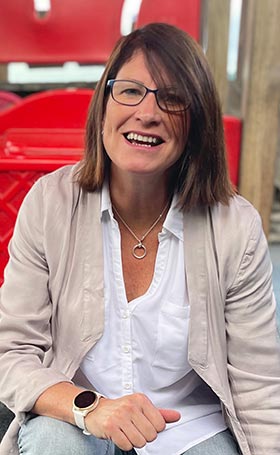
Christchurch colposcopy nurse practitioner (NP) Jill Lamb said until now hysteroscopy – examination of the uterus – had largely been the domain of gynaecologists in New Zealand. But in the United Kingdom (UK), nurses had been doing hysteroscopies for about 20 years and could do so here also.
The WHC was consulting with the Nursing Council and working closely with a polytechnic on developing a new training programme here at a date to be decided.
Endometrial cancer (affecting the uterus lining) was one of the fastest growing cancers in New Zealand, she said. But if detected early, about 80 per cent of cases could be treated effectively.
Training nurses to provide this care would make it more available and equitable and save lives, she said.
Endometrial cancer rates were disproportionately high in Māori and Pacific populations. Wāhine Māori over 25 had cancer mortality rates almost twice that of non-Māori women,1 Lamb said.
Making hysteroscopies more available would allow more equitable health outcomes, she said. She hoped to eventually see hysteroscopy nurse-led services available throughout Aotearoa.
The college had drafted hysteroscopy standards based on those of the Royal College of Obstetricians and Gynaecologists and the British Society for Gynaecological Endoscopy.
It was also working with te poari to ensure the programme was culturally appropriate and would promote equitable outcomes, Lamb said.
Reference
- Ministry of Health. (2019). Wai 2575 Maori Health Trends Report (p75) (PDF, 5.21MB).



